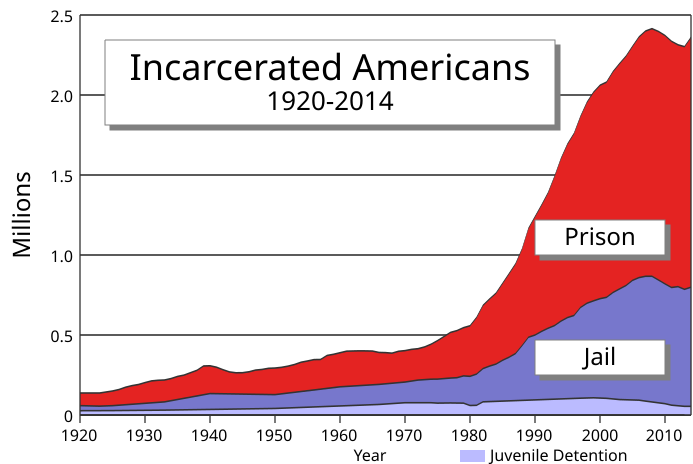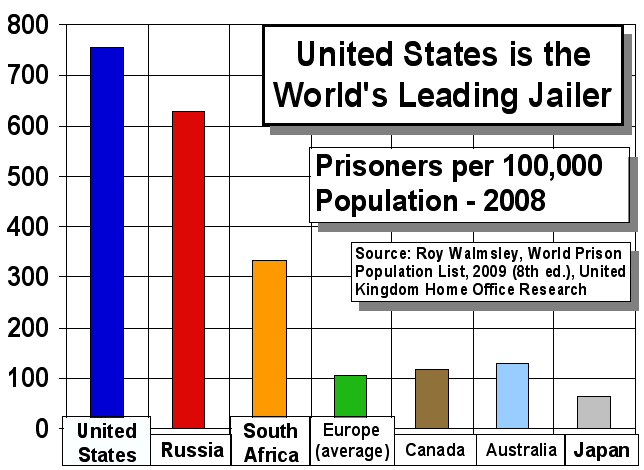There is often a degree to which elections function as a public ritual to legitimate the power of elites more than to offer any realistic prospect for ordinary people to challenge them. The “established democracies”, which are supposed to be the horizon of our democratic aspirations, are often two-party systems in which the electoral system, along with civil society and the media, are so distorted by the influence of money that voters are able to choose only between competing factions of the elite. There are many countries where no party can be a serious player without enormous financial backing . . .
Every time South Africans go to the polls, we’re subjected to an incredible degree of mystification that presents the secular act of voting as a sacred ritual and invests it with all kinds of magical powers that it manifestly lacks . . .
We’re told that voting is all about making our own choice, whereas it is, in most cases, a limited choice between two competing factions of the elite who are equally invested in scaling back people’s legitimate aspirations for a just society into an insanely unequal society contained with state violence, new forms of spatial segregation and “service delivery" . . . .
we need to bring the same attention to the practice of democracy outside the electoral arena as we bring to elections. For as long as we continue to make elections a fetish for democracy rather than understanding that they are just one part of our limited form of democracy or public conversation, we will be unable to comprehend the full significance of the competing responses to the failures of our democracy to realise the legitimate aspirations of the majority.
Read the rest. Opposition to duopoly government is global in scope, and can be found everywhere from the Americas to the EU to Africa, India and East Asia. Is there a sense in which we could say such opposition is globalized, i.e. globally coordinated? One might mention here the global social forums, which stand in direct opposition to the Davos meetings of the global elite, among other things. The global protests against the war in Iraq in February 2003 were organized at just such a forum, for instance. At the level of party, two obvious examples spring to mind: the Green Party and the Pirate Party which are at least potentially global in scope and have affiliates and members all over the world.
Might not the necessary emphasis on the importance of local organizing and bottom-up third party and independent political strategy here in the US have the unintended effect of blinding us to potential models and modes of organization being developed by allies abroad? Must we not consider the global implications of local third party and independent political strategy?












